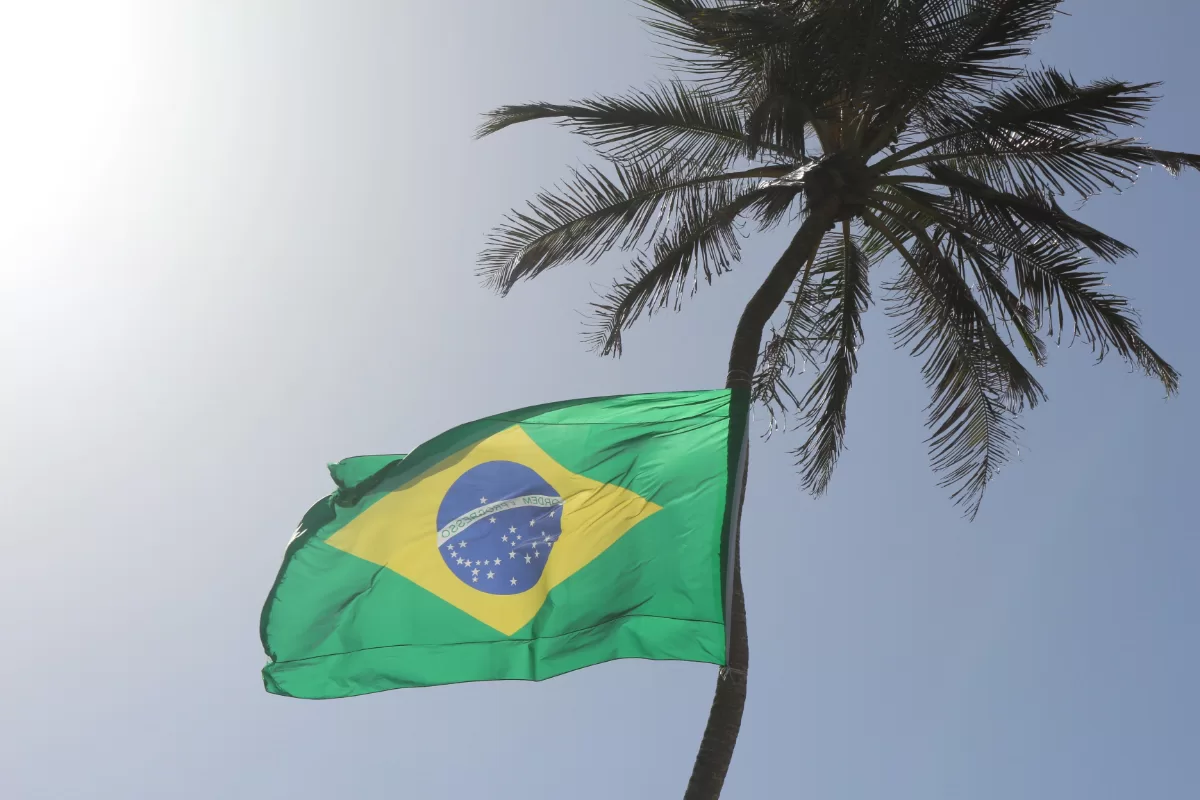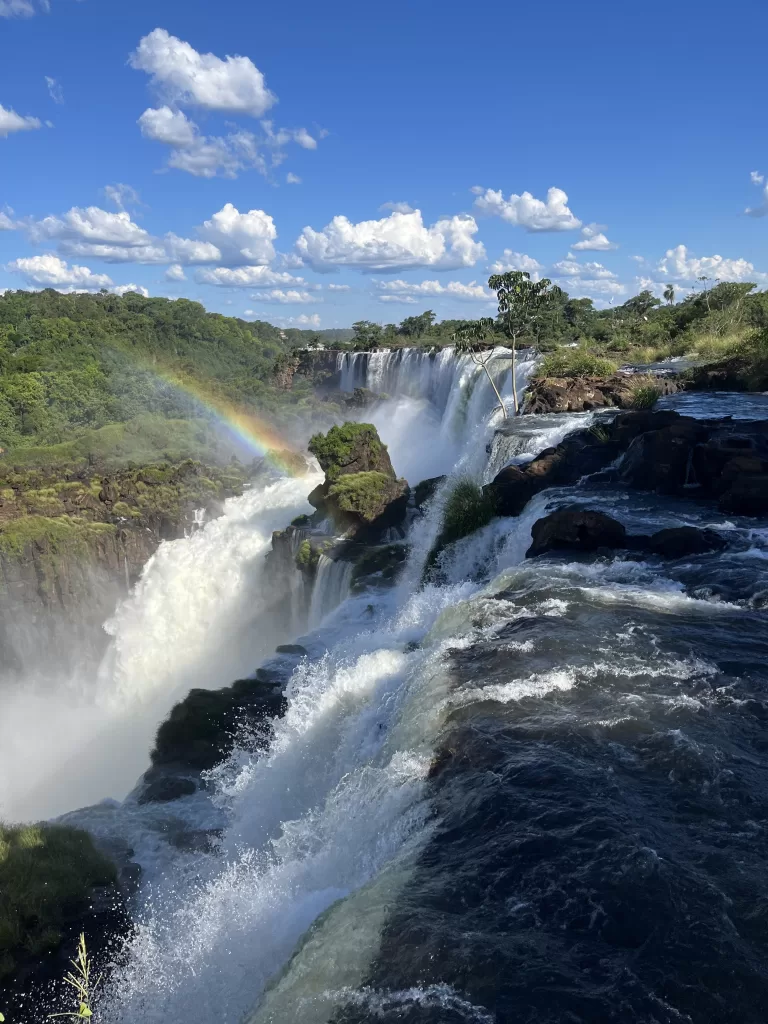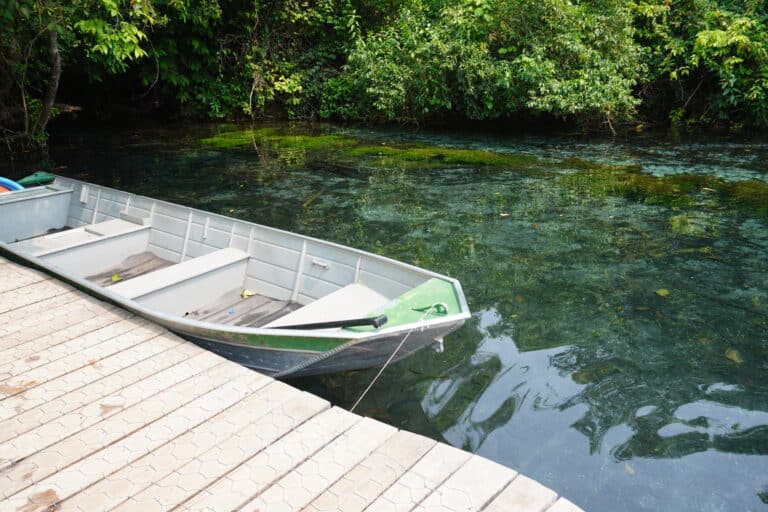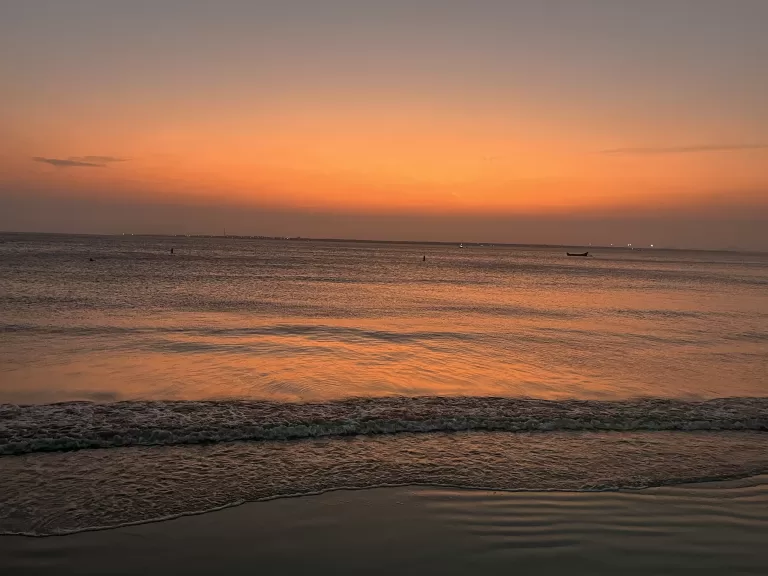Is Brazil safe? A travel safety guide by a solo female traveler
Is Brazil safe to travel to? To answer this question, we must think of Brazil as what it is: big, diverse, and heavily unequal. All this means that there are regions in Brazil just as safe as the average neighborhood in central Pennsylvania and regions as tough as (and maybe tougher) than West Garfield Park in Chicago.
In this post, I will share with you the essential safety tips and stories I learned growing up in Brazil and traveling solo through this amazing country over the past few months.
Disclaimer: This is a guide based on my experience growing up in and traveling solo through Brazil for 3 months. For additional and reliable guidance, check the website of your country’s embassy in Brazil for recommendations that are targeted to your culture
Regional Safety in Brazil
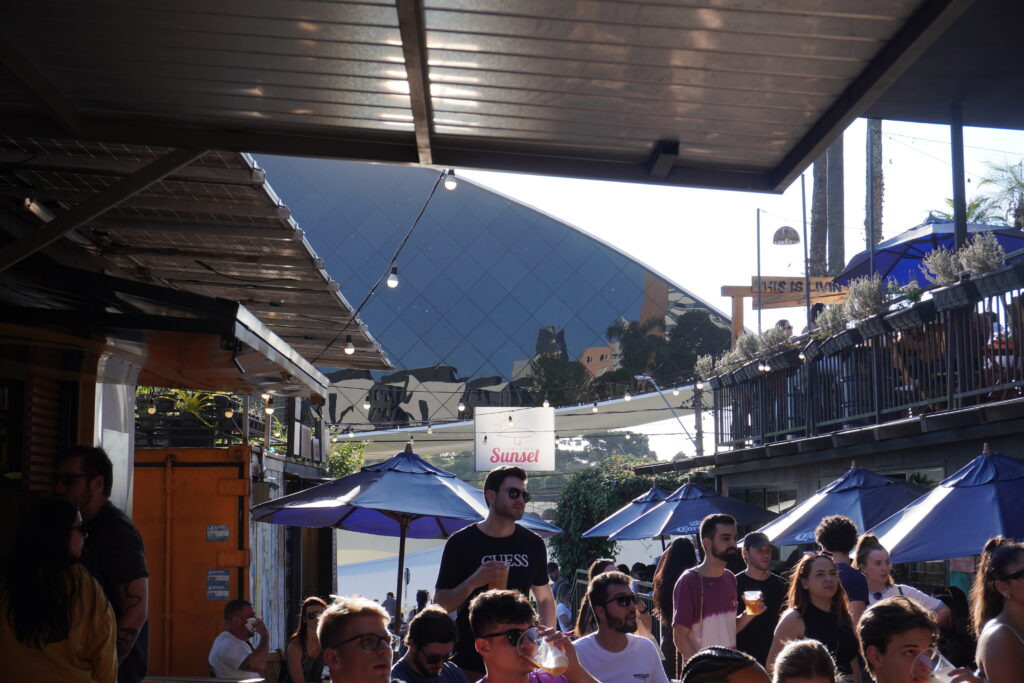
Imagine if I asked you if traveling in the US is safe. Would you talk about Baltimore the same way you talk about Washington DC? Even just thinking of New York City, would you talk about East Harlem the same way you talk about Soho?
Regional safety in Brazil works the same as anywhere else—some cities are safer than others. In Brazil, the safety differences between neighborhoods in the same city are often much more pronounced than the differences in safety between cities.
Many big towns, like Rio and São Paulo, have both safe and dangerous areas. In contrast, most smaller touristy towns, like Atins, a gateway to Lençóis Maranhenses, or Foz do Iguazu, a base to visit Iguazu Falls, offer safety conditions similar to what you’d see in many European and US towns.
Is traveling to Brazil safe right now?
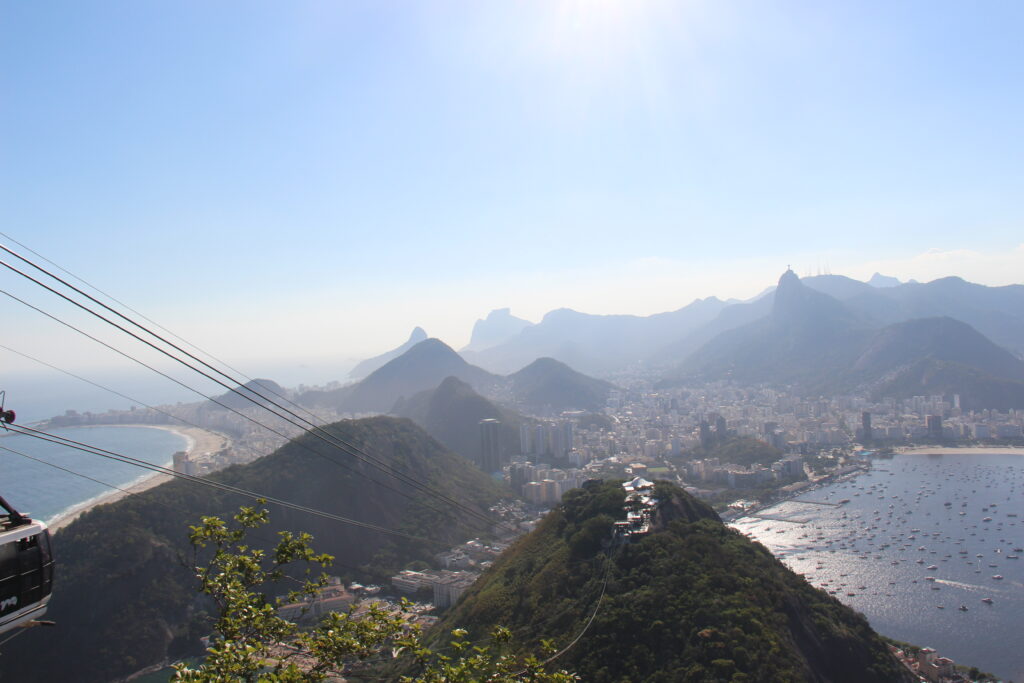
The safety situation in Brazil is steady, and visiting the country now is just as safe as it was 10 years ago. Brazil is a highly peaceful country and does not engage in external military conflict.
Armed conflict does exist in Brazil, but these are typically contained to select slums in Rio and São Paulo. This means that if you are visiting Rio and staying away from these regions, you are as safe as if the conflicts were not happening at all!
On rare occasions, cars do need to go through these more dangerous regions, which brings us to the next point!
Is Brazil dangerous? 5 common risks of visiting Brazil
Unfortunately, traveling to Brazil comes with some intrinsic risks, and below are the top 5 types I most commonly hear about and how to avoid them!
1. Financial card scams
Just like everywhere else on earth, financial card cloning is an issue in Brazil. Rio is notorious for this type of scam since visitors often use cards to pay all types of independent vendors at the beach. A good friend of mine, a Chinese man, had his credit card cloned while paying for a paragliding flight in Rio!
The good news is that credit card companies are used to these types of scams and can easily fix fraudulent charges. Here are my top tips when it comes to dealing with card cloning:
- Use credit cards instead of debit cards during your trip to Brazil. While most credit cards can investigate and cancel fraudulent charges within one to two weeks, debit cards typically do not offer the same protection.
- Bring more than one credit card, and keep one as a backup in a safe place. While new cards usually arrive quickly in emergencies, it’s always a good idea to have a backup ready!
- Double-check how much the vendor is charging on your credit card. A common scam is for vendors, especially at the beach, to add zeros to a balance! Not a fun experience to be charged R$10,000 for a R$10 caipirinha.
- If you believe that your card has been cloned:
- Call the number on the back of the card and make a small purchase, like a $1 coffee, with the physical card. This helps prove that you couldn’t have made the fraudulent charge because of your location. Be sure to keep the receipt, as your credit card company will likely ask for details like the shop’s name, location, and the total price.
- Contact the local police to file an incident report. Rio has a tourist-support police station with English-speaking officers that can help you!
Pro tip: Familiarize yourself with cash, cards, and ATMs in Brazil to make your money go further—and keep it safe!
2. Targeted robbery and theft
Just like in most major tourist cities, pickpocketing is an issue in crowded spaces! Other targets for small thefts include:
- Jewelry, especially necklaces. When you’re out in Brazil, it’s best to avoid wearing expensive or flashy jewelry, including engagement rings. I’ve heard plenty of stories about guys snatching gold necklaces right off women’s necks in broad daylight!
- Phones and cameras. If you are carrying your phone or camera while walking outside, someone might quickly snatch it off you! This is precisely the reason why most Brazilians do not walk outside holding their phones. Always keep your phone and electronics inside a bag or backpack when walking on public streets.
- Luxury bags, watches, and smartwatches. Do not, I repeat, DO NOT, wear flashy luxury items, especially watches! These items can make you an easy target even in the safest places. Bags can be easily ripped off your body, but a watch requires a lot more violence.
- Storytime: A friend of mine was held at gunpoint after someone noticed his Rolex at a private club. He had private drivers and didn’t step outside at all, except to open the door to his home. A gang focused on Rolex watches followed him all night and ambushed him during the 10 seconds he’d need to spend outside. Learn from his mistake and avoid being a moving target by leaving luxury items behind!
Important to note: Brazil has an extremely high tax on imported electronics! There, your $800 iPhone is actually worth $1600+. Keep this in mind when using any type of electronics in public, including laptops and tablets.
3. Mass thefts through “Arrastão”
In malls in Rio and São Paulo, and select beaches in Rio, visitors can be at risk of witnessing an “arrastão”. During these episodes, dozens of criminals run together and rob the people they come across. Typically, they move fast and are not violent as long as the victim does not resist.
Arrastões are some of the scariest and most unpredictable risks of traveling in Brazil. It is important to note that although arrastões are relatively common, I’ve never witnessed such a thing despite visiting Rio and São Paulo multiple times!
Copacabana Beach in Rio is typically one of the most targeted areas for these mass robberies due to the high number of foreigners there. The good news is that Copacabana is one of the worst beaches in Rio, and would not be missed in your Rio itinerary if you were to avoid it altogether!
Pro tip: The Rio local who witnessed (and escaped untouched from) an “arrastão” in Copacabana Beach told me that the best way to run from this situation is by heading towards and entering the ocean!
4. Accidentally driving towards a favela
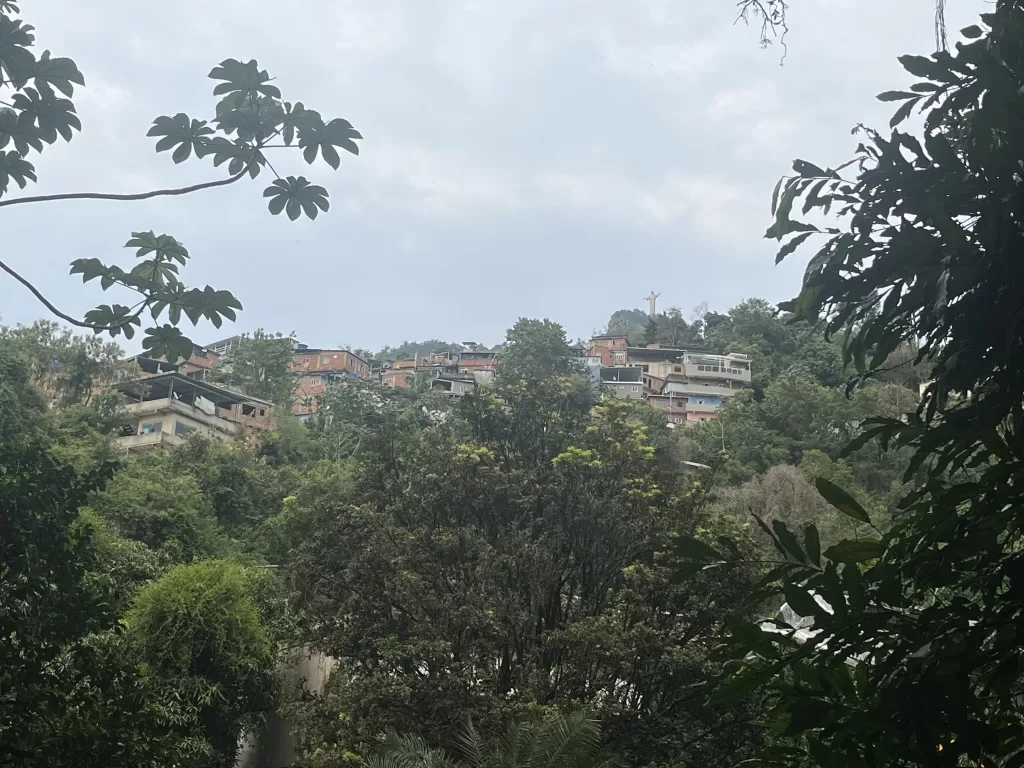
A high risk is when visitors (both Brazilian and foreign) end up in dangerous favelas or regions because they follow their GPS. Apps like Google Maps and Waze do not recognize tougher areas and might include them in your route. Experienced local drivers can notice these things in a second and simply choose to ignore the apps when needed!
Also, just one wrong turn can lead you to a favela!
To avoid the risk of ending up in a dangerous area, avoid driving in São Paulo or Rio altogether, and opt for an experienced (and affordable!) local driver instead. Renting a car and driving around is one of the most dangerous things a visitor can do in big Brazilian cities.
Pro tip: to avoid Uber scams, always opt to pay your Uber ride via credit card
5. Sex tourism scams
One memory that sticks with me is visiting a police station in Rio and watching a policeman, who specializes in crimes against foreigners, investigate a recent theft by sifting through what seemed like thousands of profiles of sex workers.
Sadly, Brazil is a known destination for sex tourism, and this underground scene often creates unsafe situations. Many tourists, naively, invite sex workers to their hotel rooms, only to be robbed or hurt afterward. In Rio, victims can seek English-speaking help at a police station dedicated to helping tourists.
Wow, all these do sound scary! But to be honest, NYC also has Rolex-seeking gangs and that does not stop hundreds of thousands of people from visiting the Big Apple! Brazil does have its dangers, but given their contained and targeted nature, they can be largely avoided by a well-informed visitor, which is what you are becoming by reading this guide!
Essential Safety Tips for Travelers in Brazil
Although some risks are unpredictable, many of them can be easily avoided by taking these 10 safety precautions:
- Do not retaliate to any acts of violence. If you happen to be a victim of a robbery, do not try to fight back, as the level of violence might quickly escalate.
- Avoid going into and near slums (favelas) at all costs, especially if heading to funk parties! A general rule for visiting Brazil safely is to visit only high-income areas and well-known tourist destinations.
- Keep all valuables (phones, electronics, jewelry, and recognizable designer pieces) out of sight by discretely storing them in your bag or backpack.
- Stay in safe areas and accommodations. Read accommodation reviews on both Google and Booking.com to hear what previous guests have to say about safety. If an accommodation has less than 30 reviews, it is best to skip it!
- Do not rent a car or rely on public transportation. Use Uber or 99App for transportation, and avoid walking on the streets. This is especially true for more dangerous areas, such as Copacabana in Rio de Janeiro at night. In such situations, it is better to take a 1-minute Uber than go on a 5-minute walk. If you are visiting a remote area of Brazil that requires driving, make sure to do lots of research on road safety!
- Avoid engaging in any kind of fight, as those tend to get violent.
- Avoid wearing local teams soccer jerseys (e.g. Corinthians, Flamengo, etc.) on game days, especially around Rio and São Paulo
- Ask locals for guidance. Brazilians are used to reading the room and judging its safety, so ask for their opinions before heading anywhere! Exploring Brazil freely can be dangerous, so always stick to locals’ advice when venturing past high-income areas and tourist attractions.
- Safely store a backup credit card and your passport in your accommodation instead of carrying them around everywhere.
- Do not carry around large sums of cash, but avoid leaving without at least R$50. In case you get robbed or have an emergency, it is handy to have something!
Vaccinations and Health Safety in Brazil
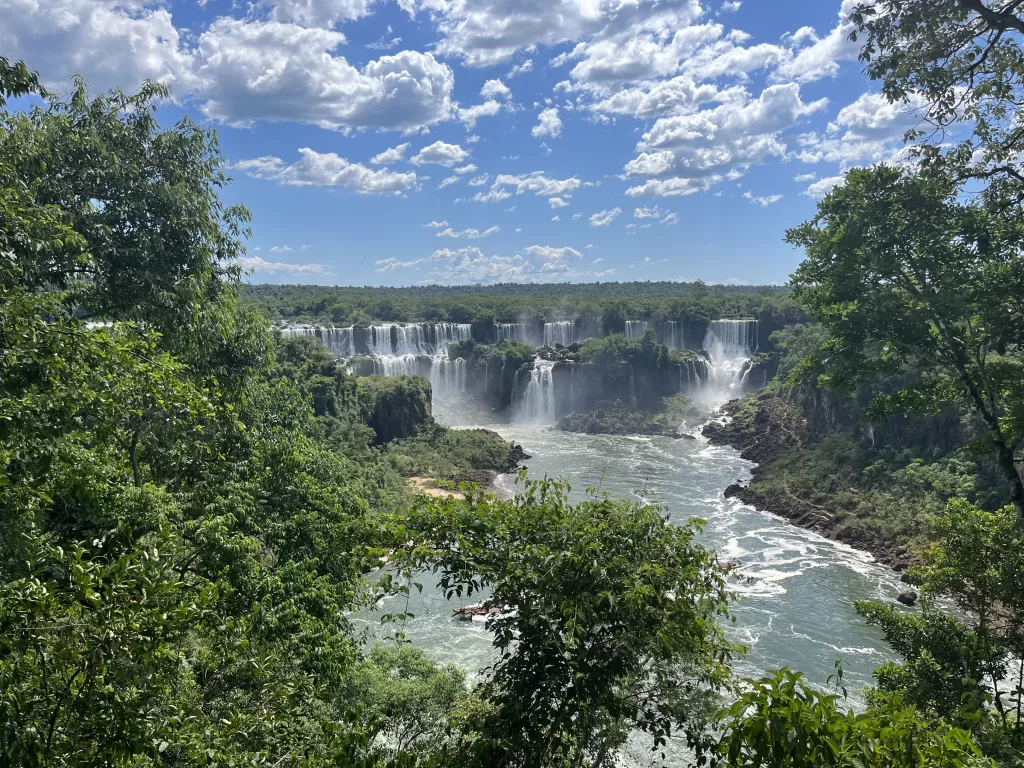
Brazil is a large and tropical country, and some health risks should be accounted for when visiting the country! Let’s dive into the most common concerns regarding health safety in Brazil.
Yellow fever and dengue in Brazil
Contracting dengue or yellow fever are some of the higher health risks when visiting Brazil. Both viruses of them are carried by the same type of mosquito, aedes aegypti. The good news is that as a first precaution, you can always wear bug repellant!
For yellow fever, the Brazilian Government recommends all travelers heading to the country to take the vaccine. The yellow fever vaccine is typically effective for a lifetime and will protect you from the disease when visiting other countries with high yellow fever incidence such as Peru, Colombia, Argentina, and many African nations.
Although Brazil doesn’t require a yellow fever vaccination for entry, some countries may require proof of vaccination for entry if you’ve visited Brazil within two weeks of your arrival.
Important to note: Yellow fever vaccine takes 10 days to be effective, so plan on taking it about two weeks before traveling. If you wan’t to get the vaccine in Brazil, you can do so completely for free!
What vaccines do I need to travel to Brazil?
No vaccines are required to enter Brazil, but the government recommends travelers to get vaccinated for yellow fever, polio, measles, rubella, diphtheria, and tetanus.
Contrary to what many think, you don’t really need a yellow fever vaccine to enter Brazil.
Important to note: Talk to your medical provider about what vaccines you should get before your trip to Brazil
What health safety precautions to take in Brazil?
- Do not drink tap water, always buy bottled water for drinking. In most destinations within Brazil, it is completely fine to use tap water for personal hygiene tasks such as brushing your teeth.
- Avoid regions with poor sanitation and infrastructure. Anywhere you can find a hotel is probably good enough!
- Talk to your medical provider about all the recommended vaccines
- Wear bug repellant (I love this one!)
- Wear sunscreen (this is my favorite one)
- Practice safe sex. Although Brazil’s HIV prevalence is 0.6%, some communities are disproportionally affected by the disease. According to unaids.org, 30% of transgender people carry the virus, as well as 18% of gay men and men who have sex with other men. In Brazil, condoms can be purchased in pharmacies, which are often open 24/7. For even more convenience, food delivery apps like Uber Eats and iFood also deliver condoms!
Is street food safe in Brazil?
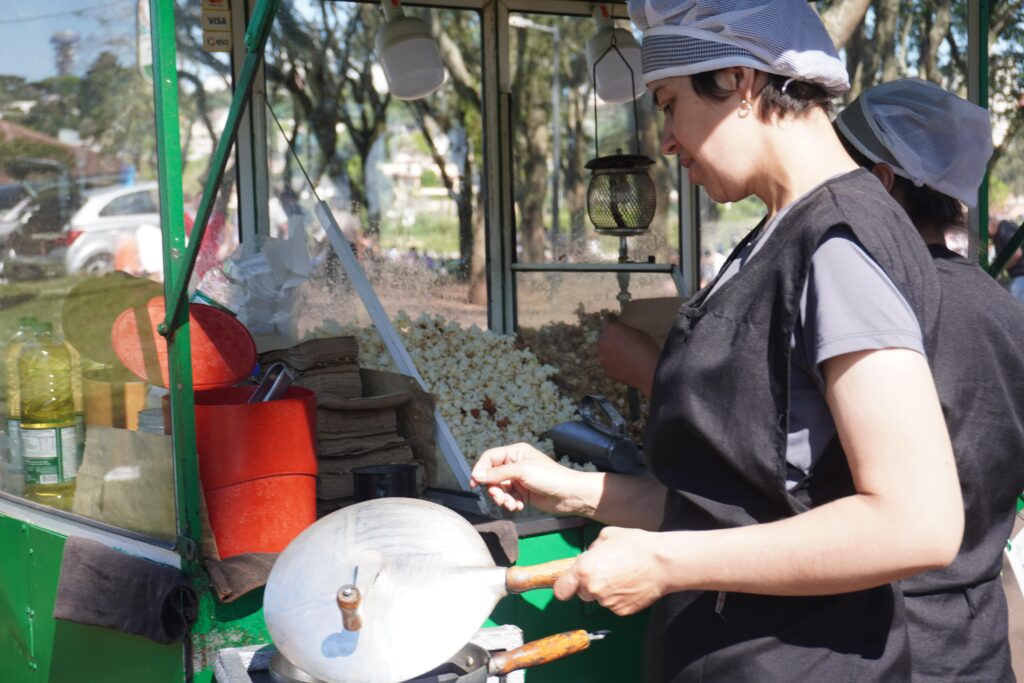

Street food is typically safe, especially in the touristy and upscale areas, which are the ones you are most likely to visit! Enjoying street food at the beach and street fairs is an essential part of Brazilian culture, and you shouldn’t be afraid to take part in it!
Some of my favorite street foods available in Brazil include fried pastel, empada, churros, and corn on the cob!
Is Brazil safe for solo female travelers?

Brazil can definitely be a safe destination for solo female travelers. I grew up in Brazil and traveled there solo for months, but my sexual harassment travel stories are actually from Prague and Vienna! Brazil has a bad reputation regarding safety, and solo female travelers are often extra worried before exploring the country.
As a solo female traveling to Brazil on a budget, I have never experienced or witnessed any sexual harassment! When walking around tourist attractions and shopping malls, women are typically very safe. For example, I feel safer in upscale nightclubs in Brazil than in South Korea!
Safety tips for solo female travelers in Brazil
To stay safe, solo female travelers should follow the general safety precautions and:
- Double down on doing research regarding neighborhood and event safety.
- Use Uber Black for transportation. Uber is quite affordable in Brazil, and I recommend you use its premium version when moving around big towns such as Sao Paulo, Rio, Fortaleza, and Recife.
- Avoid Brazilian funk, rap, and rave parties. If you choose to risk yourself by going, don’t use any substances that may alter your state of consciousness.
Pro safety tip: A cool activity for solo female travelers to try in Brazil is taking a Brazilian Jiu-Jitsu self-defense class! Just a one-hour lesson can teach you the basics of self-defense, making you feel safer while traveling to Brazil and any other country.
Final Thoughts on Travel Safety in Brazil
I once watched a video of a foreigner asking many Brazilians “Is Brazil safe?” and almost everyone answered “No”. Then he asked “Have you ever been robbed?”, and again almost everyone answered “No”! The lesson learned in this video was that the key to staying safe in Brazil is acknowledging the danger and actively avoiding it.
Brazil is a beautiful country, and it can be a safe destination for those who do research on what areas to visit. Here on carryoner.com, I share lots of location-specific guides to Brazil, and you can use them to plan safe and enjoyable trips to some of Brazil’s most beautiful destinations.
Check out some of the incredible Brazilian gems we’ve covered to date:

Curitiba
With a blend of local culture and European influences, Curitiba is one of Brazil’s safest and most interesting big cities! Learn more →

Lençóis Maranhenses
A flooded desert that forms what I consider to be the most beautiful landscape on earth! Learn more →
Check out our other helpful posts about traveling to Brazil!
✅ Where to [SAFELY] stay in Santa Teresa, Rio
✅ 3 books to read before traveling to Brazil (for fun)

